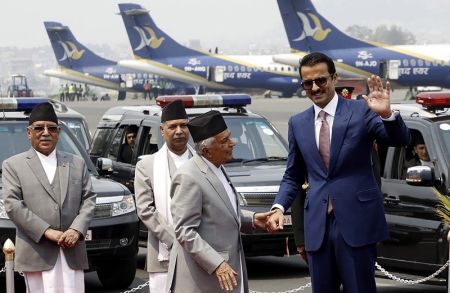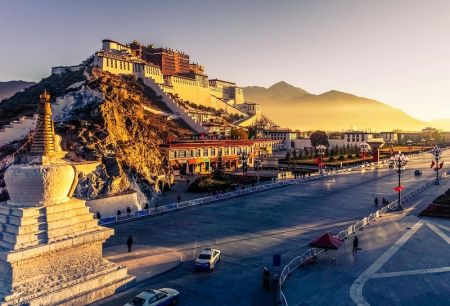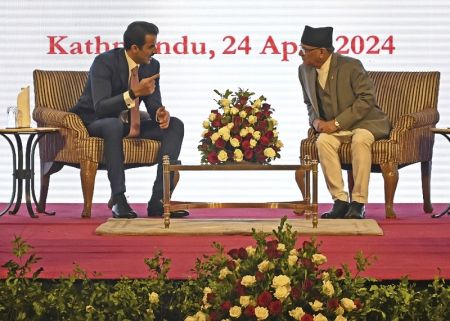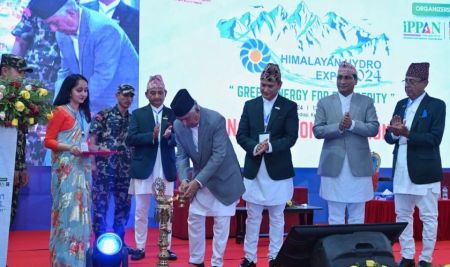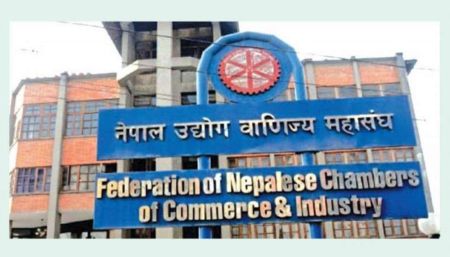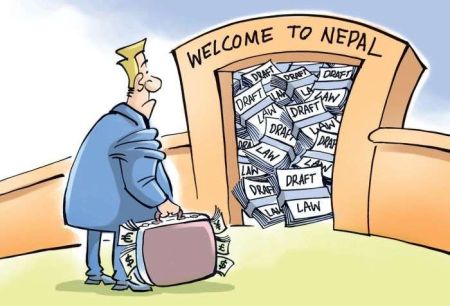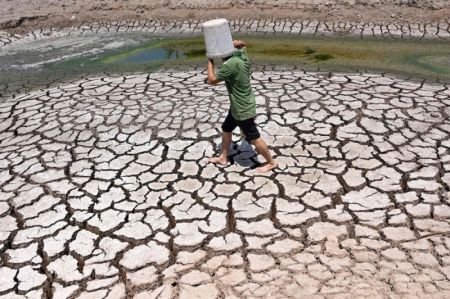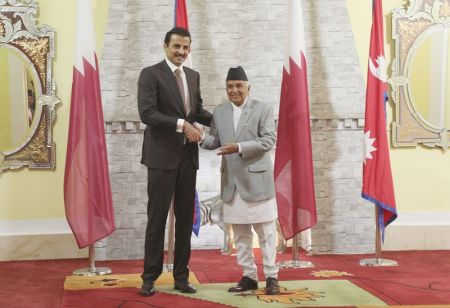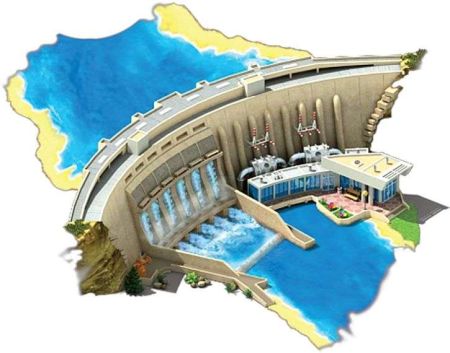By Sajag Karki
Whenever we think of international news, the first thing that comes to our mind is BBC (British Broadcasting Corporation) and CNN (Cable News Network) – the two leading broadcast media brands in the world that are instantly recognized by their acronyms. Whenever, there is any breaking news related to politics, natural disasters or any other significant international development, most people watch either of these two news channels. Though viewers might get the initial news from the local media, to confirm any big event they always turn to the big guns of the news world. Even the local media of many countries consider BBC and CNN as a benchmark for accurate, reliable information. CNN has positioned itself as a medium for hard, unbiased news coming straight from the source. Its flagship shows like Larry King live and Anderson Cooper 360 have enhanced its popularity across the world. Its social responsive programmes “project green” and “CNN heroes” have made it a medium for social change, trying to make the world a better place. Speaking of CNN heroes, two Nepali women have already been awarded with this prestigious title which encourages the youth in a developing nation like ours.
BBC on the other hand is an immensely popular news brand. It’s known for its impartial news coverage, entertainment programmes and its website, too, is very popular. Apart from the national and world news, its popular programmes are “Hard Talk”, Newsnight and “Impact Asia” among others. Hard talk, hosted by celebrity presenter Stephen Sackur, is an in-depth, half-hour-long one on one interview show. “Impact Asia”, presented by Mishal Husain, is a mix of breaking news, debate and analysis using BBC’s range of correspondents based in the Asia Pacific and across the world. Since its inception in 1922, there has been no looking back for BBC’s highly trustworthy news service. It is the largest broadcaster in the world with 23,00 staff members and representatives spread across the world. Founded in 1980, CNN is much younger than BBC. But, as CNN’s slogan - “the worldwide leader in news” - says, it is not far behind the BBC in any way. It was the first channel to provide 24-hour news coverage and the first all-news TV channel in the United States.
The popularity that these two news brands have earned over the years speaks volumes about their credibility and the people’s trust in them. They are not just corporations but a broadcaster with responsibility to bring positive change in their localities and influence the world with their social initiatives. It seems the Nepali media has finally taken its cue from these global leaders of the news world. For example, Kantipur, Nepal’s leading media house, recently came up with its social initiative named ‘One Nepali One Resolution’. The campaign was able to spread the message of taking responsibility of one’s actions by making one resolution and not to blame the government, the political parties or anyone for that matter.
Responsible journalism, swift accurate news, sensible brand positioning, celebrity presenters and popular programmes contribute to building brands like the BBC and CNN that viewers worl-wide count on for the news that matters.
The article is based on research and the author’s practical experience as a marketing and advertising professional. He can be reached at [email protected]






